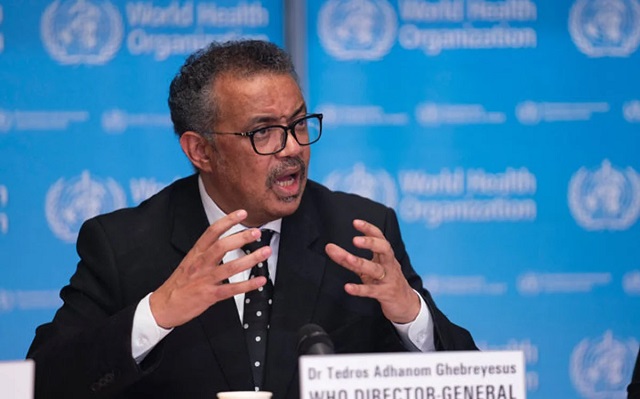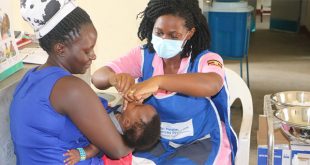
Kampala, Uganda | THE INDEPENDENT | The head of the World Health Organization (WHO) has warned that some countries battling the COVID-19 pandemic who have been taking a “fragmented approach” to suppressing the deadly virus, face a long, hard road ahead.
Dr Tedros Adhanom Ghebreyesus told the regular coronavirus press briefing at WHO headquarters in Geneva that, flare-ups are to be expected as countries start to lift restrictions. But he noted that countries with systems in place to apply a comprehensive approach, should be able to contain these flare-ups locally, and avoid reintroducing widespread restrictions.
However, he continued, “we are concerned that some countries have not used all the tools at their disposal and have taken a fragmented approach. “We will never get tired of saying that the best way out of this pandemic is to take a comprehensive approach”, Tedros added.
“Find, isolate, test and care for every case, trace and quarantine every contact, equip and train health workers and educate and empower communities to protect themselves and others. Not testing alone. Not physical distancing alone. Not contact tracing alone. Not masks alone. Do it all.”
Dr Tedros added that the fastest way out of this pandemic is to follow the science and do what we know works: the comprehensive approach.
This comes as a caution to countries, like Uganda, where some of the approaches have been disregarded by the population, amidst lax enforcement. With more than 890 cumulative cases of COVID-19, the country has almost returned to normal, even with the partial ease of the lockdown. There is no social distancing in some places, and the usage of masks is deficient.
Across the world, more than 10.3 million cases of COVID-19 have been reported to WHO, and over 506,000 deaths. For the past week, the number of new cases has exceeded 160,000 on every single day, the WHO chief said, adding the chilling perspective that 60 per cent of all cases so far across the world, have been reported just in the past month.
Meanwhile, the WHO convened its second research and innovation forum on Wednesday, bringing together more than 1,000 scientists from all over the world to take stock of the progress made so far, discuss new research questions and knowledge gaps, and to define research priorities, going forward.
********
URN
 The Independent Uganda: You get the Truth we Pay the Price
The Independent Uganda: You get the Truth we Pay the Price



